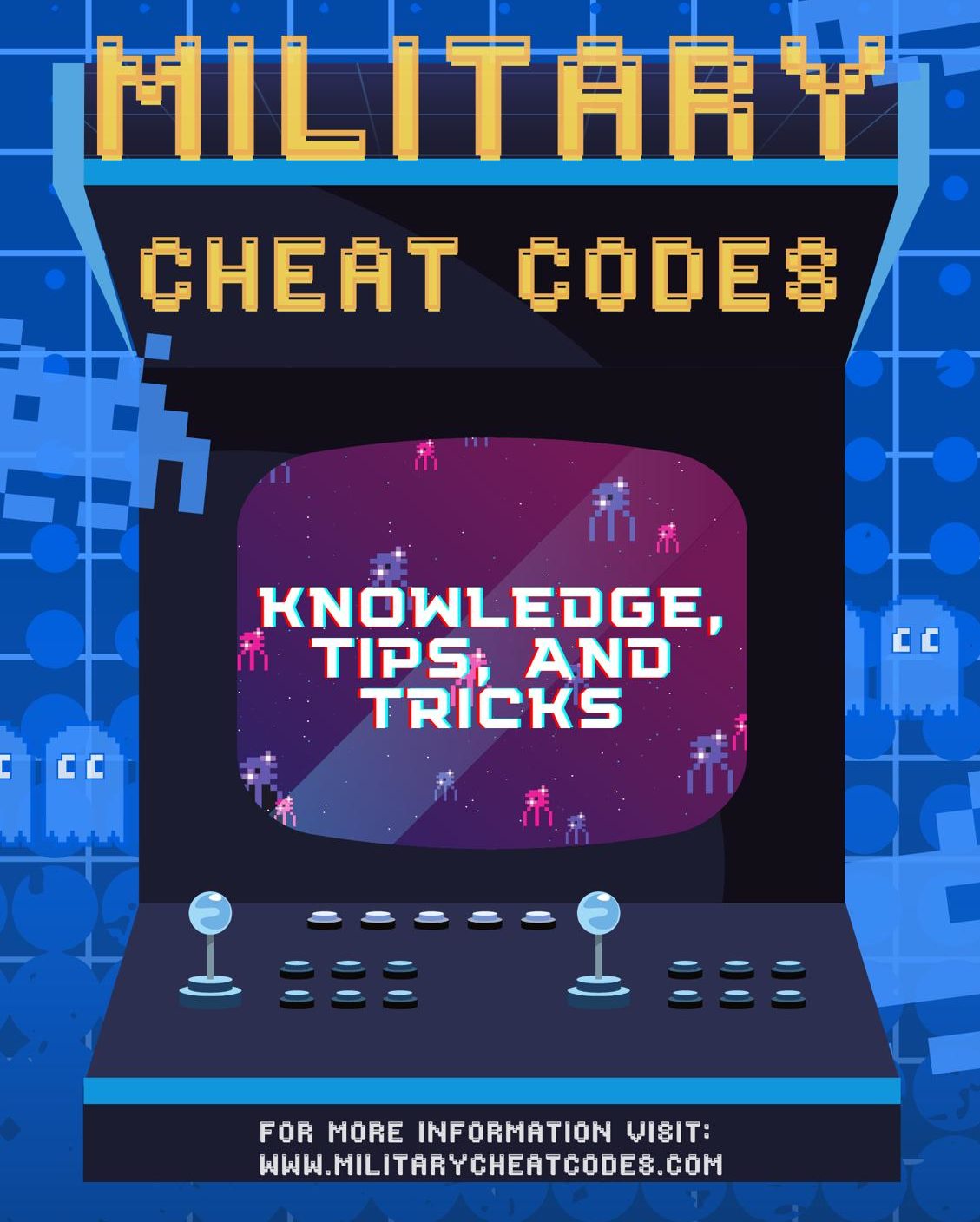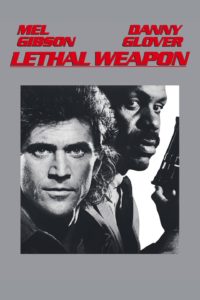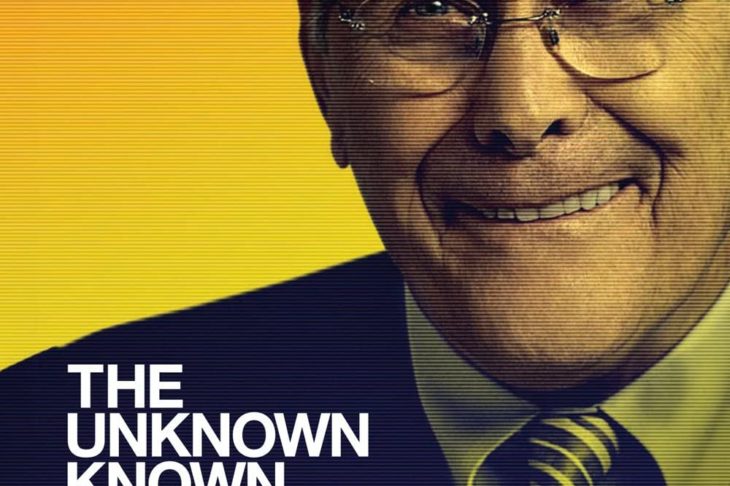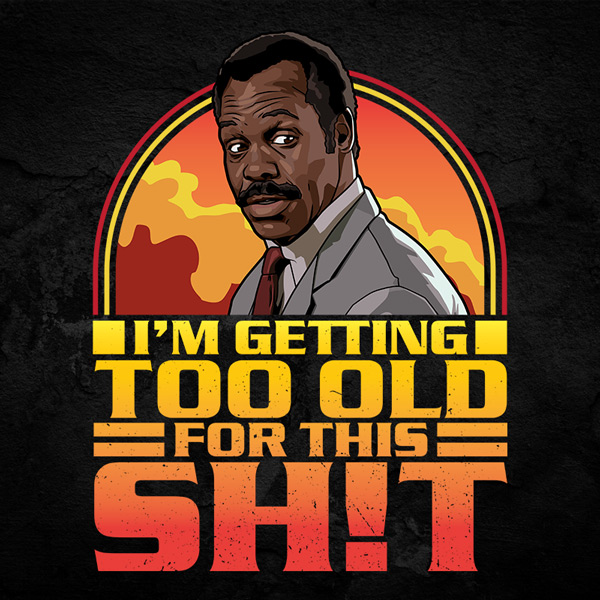
Lethal Weapon: I’m Getting Too Old for This Sh!t!
Murtaugh: Jesus. You’re not trying to draw a psycho pension. You’re really crazy.
Riggs: So now you know.
Murtaugh: Yeah. Now I know.
— Lethal Weapon (1987)
1980s Hollywood gave the world a genre of movies that will forever be known for explosions, gratuitous nudity, on point humor, and tag lines that will forever market the movies into the future. Then as computer-generated imagery (CGI) and a shift in political and cultural norms brought about the demise of movies that forever shifted the action genre. One of those movies was the true buddy-cop movie that even you as a military leader today can appreciate for its lessons and themes that are present today in the post Global War on Terrorism society.
Lethal Weapon (1987), directed by Richard Donner, is the preeminent buddy cop movie set to a violent foundation. They seriously do not make movies like this anymore as serious acting and plot are mixed with gratuitous violence set in 1980s Los Angeles. The story follows soon-to-be retiring 50 year old Roger Murtaugh (Danny Glover, who was 40 years old at the time of production) looks to conservatively make retirement and use his pension for a quiet life. Instead, his leadership pairs him with Martin Riggs (Mel Gibson, who was 30 years old at the time of production), a police officer who lives by his own rules and no other cop wants to work with. It is when they are introduced and due to the fog of war, Riggs flips Murtaugh over and holds a gun to his chest as Murtaugh states the memorable phase that has been used to name this article.
At first, the “Odd Couple” police duo start fractiously working together while on a case relating back to a topless woman who drug-induced jumped from a building to her death. Investigating the details, they discover the woman is the daughter of a man Murtaugh fought together with in Vietnam and who has been involved in the narcotics trade since Vietnam. It is throughout the investigation, the two are placed into deadly situations, but instead walk out the only living individuals.
The first 60 minutes of the movie is a great demonstration in the steps in team building: forming, storming, norming, performing. One can watch the two form up as a team and each wonder how they will be able to work either as they realize they are opposites and have different sets of rules. Conflict ensues on multiple occasions, especially when Riggs handcuffs a gentleman threatening to jump off a building and jumps off the building to end a standoff. Then the two develop an understanding of how they will work together as they get to know each other not as police officers, but as individuals with a personality, traumas, and those things that they find value. They are opposites as the Murtaugh is older with a 6-shooter, ready to retire, has everything to lose, and has a loving family; meanwhile Riggs is younger with a Beretta semi-automatic, lost his wife, and has nothing to lose (with maybe the exception of his dog).
The breakthrough comes through their shared past serving in Vietnam in the U.S. military. Murtaugh sees that Riggs is not just trying to collect a crazy man’s pension, but truly is suffering from severe trauma in losing his wife. They communicate with each other: each discovers that the other has not been the best person in their past as Riggs had accomplished many deadly and morally questionable actions in the military while Murtaugh had shot and killed an unarmed child. It is this vulnerability they displayed to each other that allowed for them to trust each other.
When trust is established, then the team will perform. This is exactly what the two of them do through the second half of the movie even when faced with death. Each influences the other on values and approaches to the problems they experience, but they also compliment each other’s weaknesses. Their teamwork is synergy allowing for the best performance given their differences.
Old and young though is the constant theme in the movie. “I’m getting too old for this shit” is a phrase that is said several times but also reminds the audience that with increased age and lack of technological evolution comes wisdom. Murtaugh may not be old enough to keep pace with the younger ones, but his steady thoughts and skills reminds those of us who have been in the service for over 10 years that there is always new tricks to learn, but young people need older peoples’ guidance, knowledge, and wisdom. The phrase actually becomes ironic as Murtaugh only utters the phrase when he is overwhelmed or clearly not holding up with everyone else.
What Lethal Weapon does well at discussing is the post-Vietnam society where people coming home from an unpopular war had to process the emotional traumas while trying to reintegrate back into society. This movie demonstrates the importance of those relationships built from trauma bonding and the events people experienced while serving in a combat zone as they are beneficial when those individuals return to society. Only individuals who have experienced what you have experienced can empathize with what those traumatized individuals are processing.
We can see this today in society with two generations of men and women who have served since 9/11 and return to the United States to a society that has either changed or does not understand either military service or the geopolitical situation of those events. Veterans return to feel alone and seek employment and interaction with others similar to the military lifestyle they came from. There is a complete lifestyle available for those who want or need that interaction, clothing, and employment (including law enforcement). Reference how much more militarized our society has become in the previous decades.
There has also been a rapid increase in suicides amongst veterans and active duty military members. The scene with Riggs in his apartment and drunk while crying over a picture of his wife who died in an automobile accident. He flirts with shooting himself using a specific bullet he has set aside just for the duty; he loads the pistol as he has red eyes from crying and clearly is haunted by the loneliness. Fast forward to the scene where Murtaugh is yelling at Riggs after jumping off the building; Murtaugh’s hand stops the gun’s hammer from shooting the bullet into Rigg’s head.
Lethal Weapon explores suicide offering an interesting commentary on how best to restore hope in someone willing to end it all. We all should remember that the simplest way to help someone is to listen to them just as Murtaugh did for Riggs and then demonstrating his emotional vulnerability to Riggs.
There are so many great film factoids regarding Lethal Weapon but the soundtrack to the movie is what separates it from others. Michael Kamen wanted a score that reflected the two main characters and therefore developed the saxophone and guitar rifts to represent the two characters; the more classier and jazzy Murtaugh along with the younger and energetic Riggs. The instruments are matched in scenes where their character leads dialogue or actions.
Lethal Weapon is not only a great Hollywood action movie, but there are so many subtle tips on leadership in this movie.
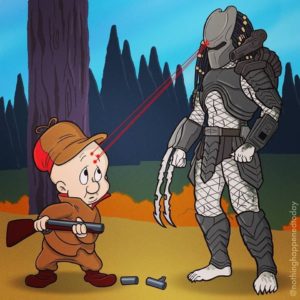
Pred
A 19 year Air Force Officer who loved watching Lethal Weapon as a child… yes a child watching a R-rated movie. Who did not want to be Riggs when they grew up?
